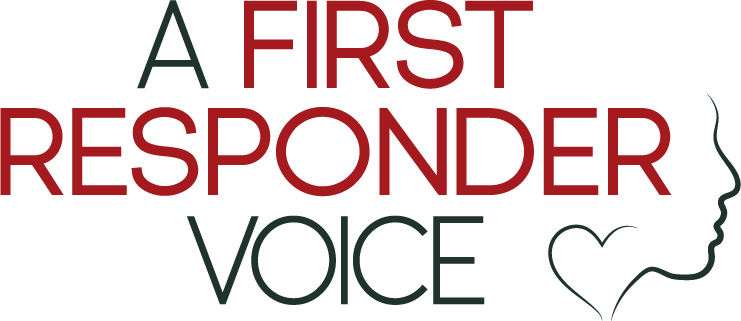January 28th was “Bell Let’s Talk Day” in Canada. For those of you who don’t live in our country, it is an awareness campaign created by one of our telecommunications companies, Bell Canada, in an effort to raise awareness and combat stigma surrounding mental illness. It is a day that our country opens up about mental health and the challenges we face.
I attended the first ever Let’s Talk Hope, Canada Wide Virtual Conference, organized and hosted by Connie Jacobs, an incredible wellness advocate. As a mental health advocate and former First Responder, I am truly grateful for these types of events. Being in a “room” with other people working so hard on mental health initiatives, whether it be for their own wellbeing or for others, is so inspiring. One of the keynote speakers used the phrase “Mental health doesn’t get better in silence.” Those words just grabbed me, so I decided to start my first blog of the year referring to them.
There is still so much work to be done. We are in challenging times; the pandemic, job losses, financial strain and ruin, restrictions, isolation, opiate and Covid deaths, and the list goes on. The need for mental health wellness to be at the top of our priority list is now! Silence is deafening. When referring to mental health, silence means suffering and suffering causes trauma.
I worry about everyone, but especially our First Responders. The frontline hospital workers, fire, police, EMS, are in the trenches right now. They witness first-hand the fear and suffering, traumas and deaths. They are the people we look to for hope when we have none. Who do they look to?
“Mental health doesn’t get better in silence.” They spend their shifts trying to help in any way they can. They are professionals, trained to do what they do, because they want to serve others by trying to make things better for all of us. Yet, we so often forget, that they are only human. Like us, they laugh and cry, feel joy and pain, have sorrows and worries.
At the end of their shifts, they change from work clothes into their street clothes, walking out into a world that doesn’t recognize them as the extraordinary workers they are. Carrying not only the burdens of their own worlds, but also those from every person’s life they touched that day. They walk to their vehicles, buses, and trains in silence with their thoughts. They relive their shifts, sometimes second guessing themselves. Out of their work clothes, they become invisible, not only to others but very often to themselves. Looking after themselves doesn’t come naturally when you are used to caring for others.
We need to help them to take notice. They need to realize they have limits. They need our societies to understand they are not invincible. They need support and help and care too. I now ask everyone to take the time and ask them how they are, so they know they are not invisible and that “Mental Health Doesn’t Get Better in Silence!”
Encourage conversations, connection, and a sense of community!

